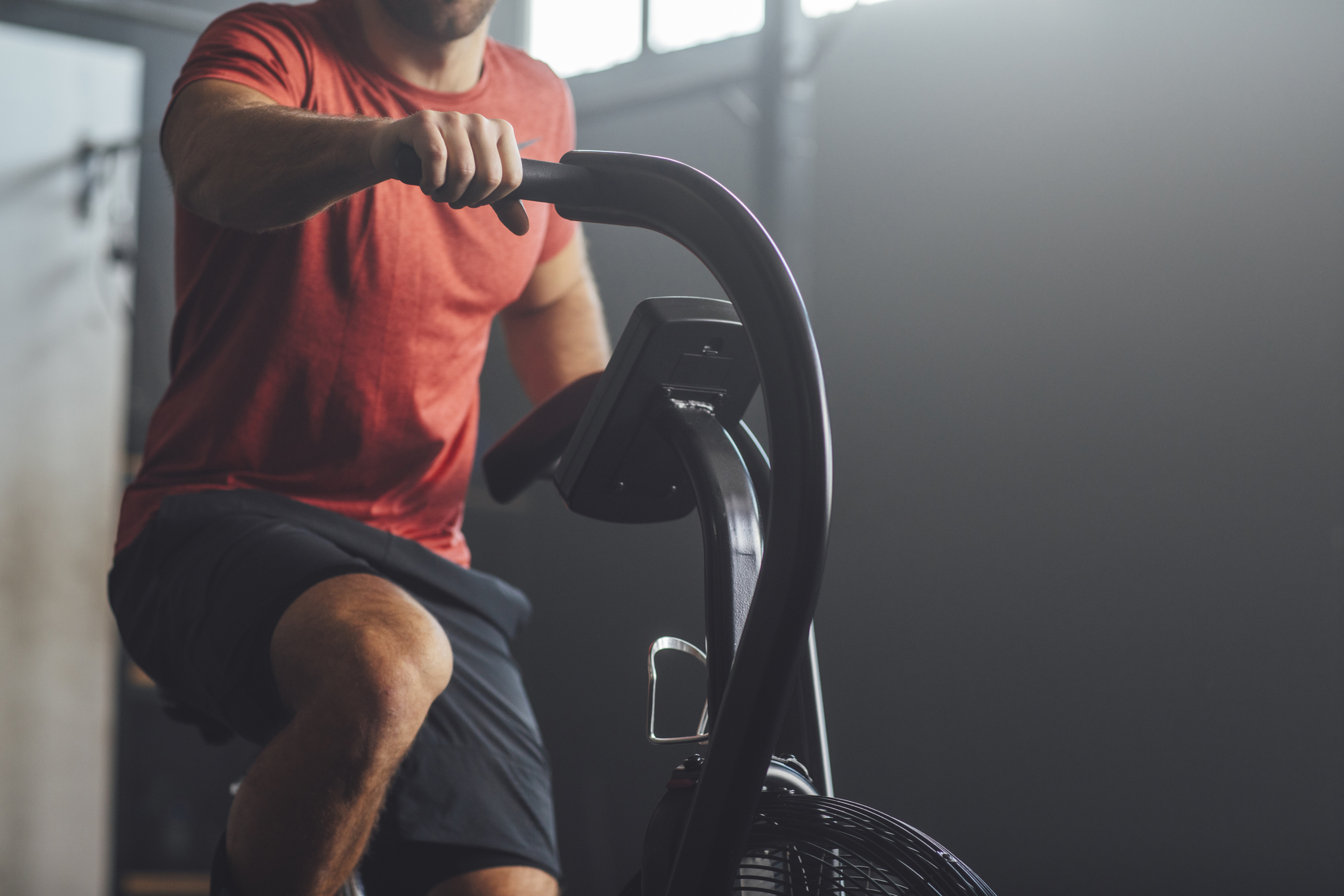Get Easy Health Digest™ in your inbox and don’t miss a thing when you subscribe today. Plus, get the free bonus report, Mother Nature’s Tips, Tricks and Remedies for Cholesterol, Blood Pressure & Blood Sugar as my way of saying welcome to the community!
Study finds exercise has ‘mind-blowing’ effect on genetic cancer risk

Study after study has already proven exercise to be one of the most valuable weapons in the battle against cancer.
In fact, physical activity has been shown to not only reduce cancer risk but also help increase the odds of keeping it at bay, as long as you keep moving.
However, most of those studies have been performed on people who were considered healthy.
So what about people who are genetically predisposed to cancer?
Can exercise beat genetics and still provide cancer protection?
It seems so.
What past studies say
But before we get into that, let’s take a look at what we already know when it comes to exercise and cancer…
#1 – Exercise starves cancer cells
Researchers from Tel Aviv University found that aerobic exercise can reduce the risk of metastatic cancer by 72 percent. This is due to the Warburg effect, namely that cancer cells prefer sugars for energy.
So if you take that sugar away, cancer cells have nothing left to fuel their growth.
#2 – Physical activity blocks prostate cancer progression
A second study discovered that just one session of exercise can increase muscle proteins that suppress tumor growth in men with advanced prostate cancer.
These proteins, called myokines, are produced by skeletal muscles and can suppress tumor growth and even help fight the growth of new cancerous cells.
#3 – Two types of exercise slay six cancer risks
While aerobic activity alone can make a huge difference in the battle against cancer, a study out of Federal University of São Paulo’s Medical School found that adding in resistance training can help reduce the risk of six types of cancer.
#4 – Exercise is important even during cancer treatment
A combination of studies presented at the European Society for Medical Oncology 2018 Congress in Munich found that exercise helped patients undergoing treatment for cancer.
They showed that patients who maintained experienced more energy and less pain – a definite win-win.
Anti-cancer immunity for high-risk patients
Now that we know what researchers have discovered previously about exercise’s effects on cancer, let’s find out if it holds for patients who are at high risk for developing cancer.
A team of scientists from The University of Texas MD Anderson Cancer Center pitted exercise against a genetic cancer predisposition known as Lynch Syndrome (LS).
LS is a hereditary condition affecting more than a million Americans. The condition carries a high lifetime risk of both colorectal cancer and endometrial cancer. Men with LS have a 60%-80% risk of developing CRC. Women with LS have the same 40%-60% risk but for both colorectal or endometrial cancer.
The study followed 21 LS patients over a 12-month period. Eleven patients were assigned to perform three 45-minute HIIT cycling sessions a week. The rest simply went about their daily lives.
After analyzing all of the data, it was clear that the exercise group was the big winner.
The researchers found that performing HIIT:
- Stimulated production of myokines and cytokines, which help regulate your immune system.
- Lowered levels of PGE2 and an increased certain immune cells in the colon, including CD8+ T cells and CD57+ NK cells, which play important roles in cancer defense.
- Resulted in statistically significant changes in gene expression in the normal colorectal mucosa related to immune signaling pathways.
- Could potentially reduce the risk of colorectal cancer by improving the immune system’s ability to detect and remove potentially harmful cells.
“It was mind-blowing to me that exercise induced such strong and durable change,” said study lead, Eduardo Vilar-Sanchez, M.D., Ph.D., professor of Clinical Cancer Prevention. “We found that high-intensity training not only enhances how the body could fight cancer at its earliest stages, but it also gives many other health benefits.”
I don’t know about you, but for me, that’s a ringing endorsement that makes me want to get up and get moving to keep cancer at bay — genetic predisposition or not.
Editor’s note: Discover how to live a cancer prevention lifestyle — using foods, vitamins, minerals and herbs — as well as little-known therapies allowed in other countries but denied to you by American mainstream medicine. Click here to discover Surviving Cancer! A Comprehensive Guide to Understanding the Causes, Treatments and Big Business Behind Medicine’s Most Frightening Diagnosis!
Sources:
Exercise boosts anti-cancer immunity and reduces inflammation in Lynch Syndrome patients — EurekAlert!












